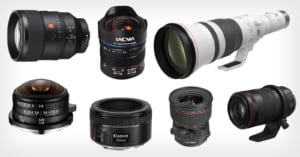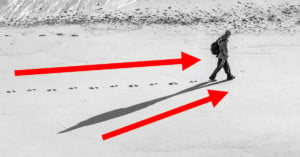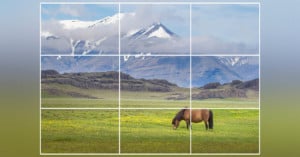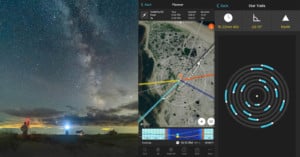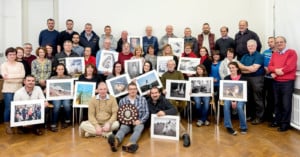
What is Chromatic Aberration? How to Deal with Color Fringing
If you've ever noticed an unsightly colored fringe or halo on objects in your photographs, you've seen chromatic aberration. It's a common problem in photography and can detract from an otherwise good image. Fortunately, there are ways to minimize or even eliminate it, both before you hit the shutter button and after when editing your picture.

